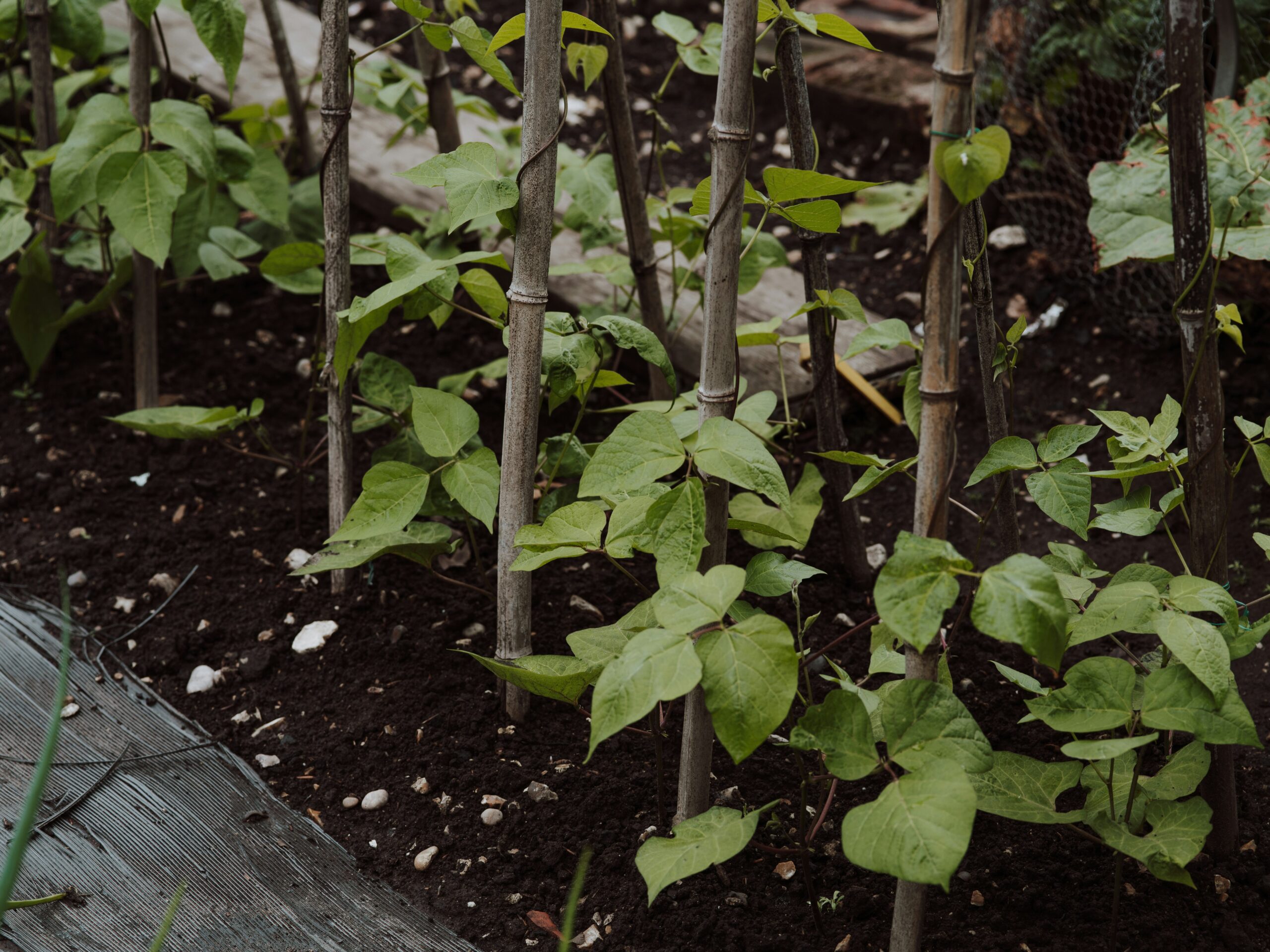In the contemporary era, with its accelerated pace of life and the constant barrage of external pressures, people worldwide are seeking more control and independence in their daily lives. One of the most profound shifts we're witnessing is a move towards self-sufficiency. This trend represents not just a lifestyle change, but a fundamental reimagining of how individuals can regain autonomy, peace, and purpose in uncertain times. Here's why self-sufficiency has become the vision of the future.
A Desire for Control in Uncertain Times
The world we live in is complex, and the news cycle can be overwhelming. In these challenging times, taking control of one's resources can provide a sense of stability. Being self-sufficient means relying less on external systems and more on oneself. It grants the individual the power to decide what they consume, how they live, and the values they prioritize. This control offers a buffer against external shocks and stresses, providing a more stable foundation.
Economic Benefits
Economic downturns, job losses, and market instabilities have led many to reconsider their dependence on traditional economic systems. Self-sufficiency, whether through growing one's own food, generating one's own power, or crafting homemade goods, can lead to significant savings in the long run. Moreover, it promotes a model where resources are utilized with efficiency and respect.
Emphasis on Health and Well-being
Modern times have seen a surge in health consciousness. With self-sufficiency, individuals can have a clear insight into where their food comes from or the quality of the products they use. By growing organic produce, raising free-range animals, or producing natural remedies and products, individuals ensure they and their families consume and use what is pure and beneficial.
Renewed Connection to the Earth and Community
Self-sufficiency often means returning to more traditional methods of living and working. This journey invariably brings a deeper connection to the earth and nature. People learn to respect the cycles of the seasons, understand the intricacies of soil, and appreciate the balance of ecosystems. This connection also fosters a strong sense of community. When individuals are self-sufficient, they often share their knowledge, trade goods and services, and support one another in communal self-reliance efforts.
A Mindful, Purposeful Life
Lastly, the path of self-sufficiency is not just about autonomy from external systems. It is also about a philosophical and psychological shift. It's about living mindfully, being present in every task, and finding purpose in daily routines. When people choose to be self-sufficient, they often find more meaning in the little things – planting seeds, crafting by hand, or harnessing natural energy sources.
In conclusion, the trend towards self-sufficiency is not just a temporary reaction to contemporary challenges. It represents a deep-seated desire for autonomy, health, connection, and purpose. As the world continues to evolve, self-sufficiency offers a vision of hope, resilience, and a return to the fundamentals of human existence.



